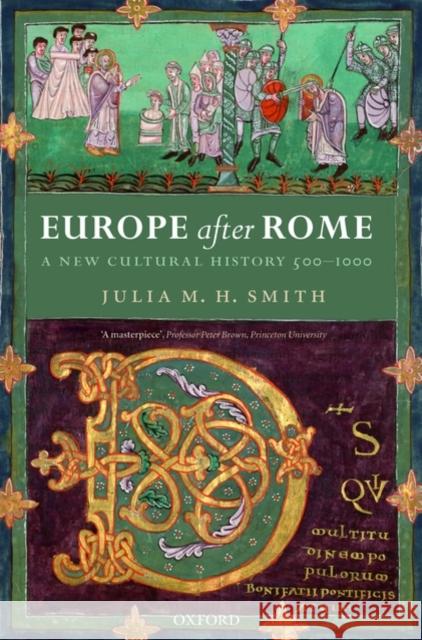Europe After Rome: A New Cultural History, 500-1000 » książka
Europe After Rome: A New Cultural History, 500-1000
ISBN-13: 9780192892638 / Angielski / Miękka / 2007 / 384 str.
Europe after Rome: A New Cultural History 500-1000 is the first single-author study in more than fifty years to offer an integrated appraisal of the early Middle Ages as a dynamic and formative period in European history. Written in an attractive and accessible style, the book makes extensive use of original sources in order to introduce early medieval men and women at all levels of society--from slave to emperor--and allows them to speak to students in their own words. It overturns traditional narratives and instead offers an entirely fresh approach to the centuries from c.500 to c.1000.
Rejecting any notion of a dominant, uniform early medieval culture, Europe after Rome argues that the fundamental characteristic of the early middle ages is diversity of experience. To explain how the men and women who lived in this period ordered their world in cultural, social, and political terms, it employs an innovative methodology that combines cultural history, regional studies, and gender history. Ranging comparatively from Ireland to Hungary and from Scotland and Scandinavia to Spain and Italy, the analysis highlights three themes: regional variation, power, and the legacy of Rome. In the context of debates about the social, religious, and cultural meaning of "Europe" in the early twenty-first century, this book seeks the origins of European cultural pluralism and diversity in the early Middle Ages.











